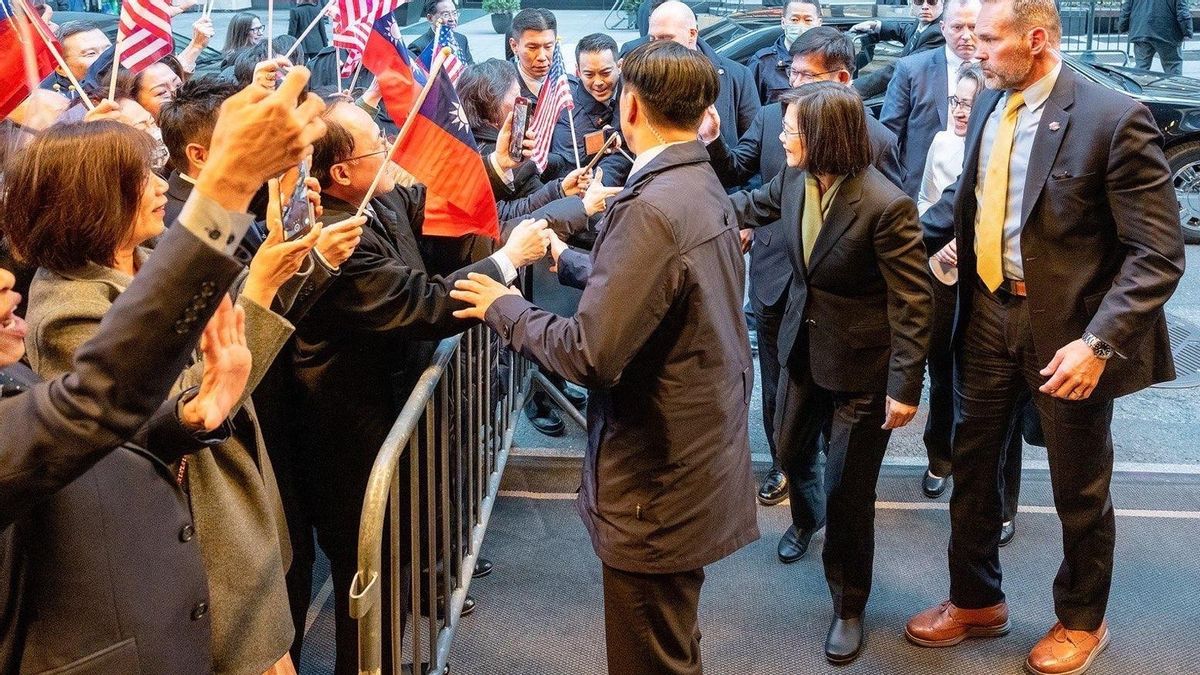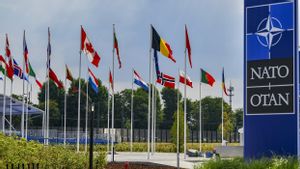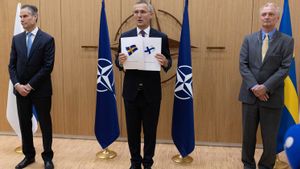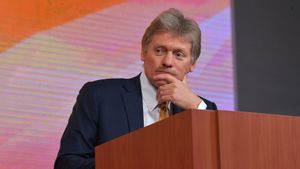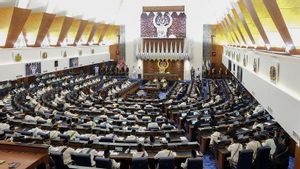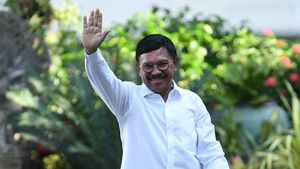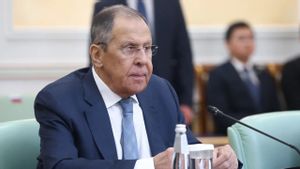JAKARTA - United States House of Representatives Speaker Kevin McCarthy is set to receive Taiwan President Tsai Ing-wen for a meeting Wednesday in California, his office said, part of a stopover on the way home from visits to Guatemala and Belize in Central America, despite earlier warnings from China.
China, which claims democratically-ruled Taiwan as its territory, has repeatedly warned US officials not to meet President Tsai.
"On Wednesday, April 5, Speaker of the House Kevin McCarthy will host a bipartisan meeting with the President of Taiwan at the Ronald Reagan Presidential Library," his office said in a statement.
This announcement is the official confirmation of the long-awaited meeting.
The meeting will be the first between a Taiwanese leader and the US Speaker of the House on US soil, though this is seen as a potentially less provocative alternative to McCarthy visiting Taiwan.
Previously, the White House had urged China not to use President Tsai's "normal" sojourn in the United States as a pretext to step up aggressive activity against Taiwan.
"During his transit in the US, the President interacted with American friends, according to past precedents," the Taiwanese Embassy in Washington said without elaborating when asked about the meeting.
Last week, China threatened retaliation if House Speaker Kevin McCarthy met Taiwanese President Tsai Ing-wen while she was transiting the United States, saying it would be a "provocation".
A spokesman for China's Taiwan Affairs Office objected to such a meeting, which Beijing would see as an expression of support for Taiwan independence.
"If he makes contact with US House Speaker McCarthy, it will be another provocation that seriously violates the one-China principle, undermines China's sovereignty and territorial integrity, and undermines peace and stability in the Taiwan Strait," said spokesman Zhu Fenglian, as reported by NBC.
SEE ALSO:
"We are resolutely against this and will take steps to resolutely fight back," he added, without saying what those steps were.
It is known that US-China relations have become increasingly complicated since 2019, when President Tsai last visited the US, said Lev Nachman, a political scientist and assistant professor at National Chengchi University in Taipei.
"Things that used to be miniscule have now become enormous. So even though this is a longstanding practice, I still anticipate the PRC will have some kind of over-response to things that normally wouldn't be a big deal," he said, using the acronym for refers to the People's Republic of China.
The English, Chinese, Japanese, Arabic, and French versions are automatically generated by the AI. So there may still be inaccuracies in translating, please always see Indonesian as our main language. (system supported by DigitalSiber.id)
